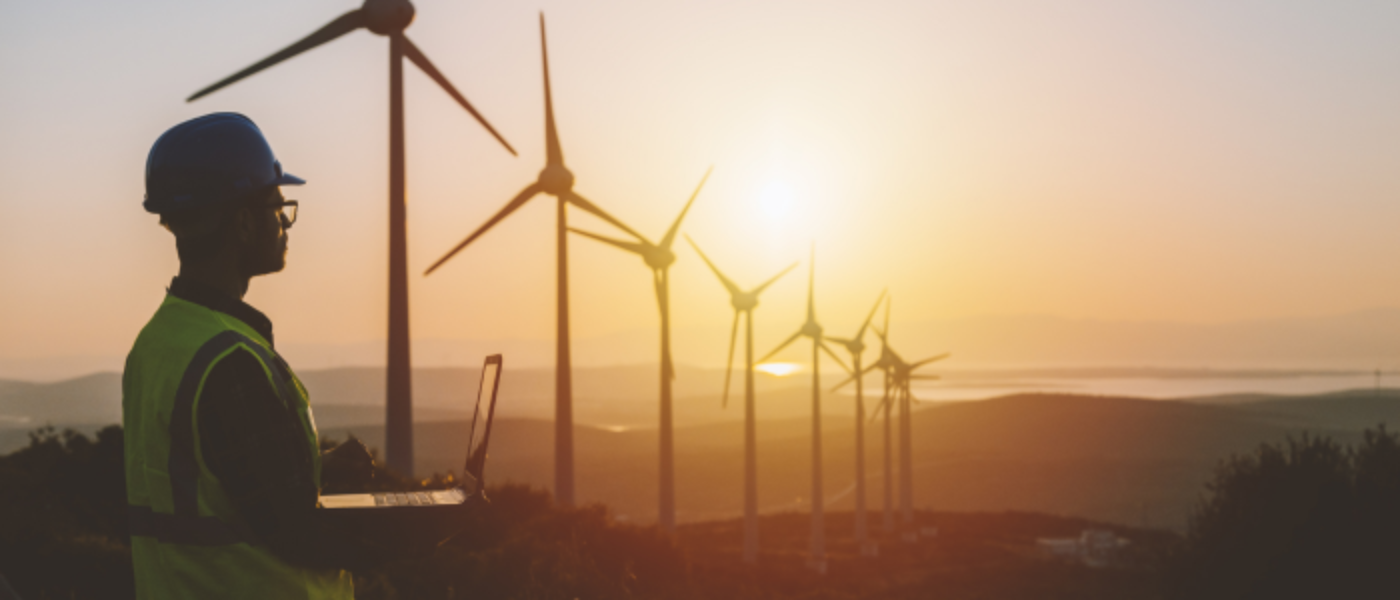
Indonesia, an archipelago nation blessed with abundant natural resources, faces a critical juncture in its energy sector. While coal has historically fuelled its economic growth, the imperative to mitigate climate change and diversify its energy mix necessitates a shift towards renewable energy sources. This article explores the complexities of balancing Indonesia’s coal dependency with its ambitious renewable energy targets.
Coal has long been the cornerstone of Indonesia’s energy landscape. With vast reserves and a well-established infrastructure, it has provided a relatively cheap and readily available source of energy, driving industrialization and powering economic development. However, this reliance on coal comes at a significant cost. Coal-fired power plants are major contributors to air pollution, contributing to respiratory illnesses and environmental degradation. Moreover, the extraction and transportation of coal often lead to deforestation, habitat destruction, and social displacement.
Recognizing the environmental and economic imperatives, Indonesia has set ambitious targets for renewable energy development. The country boasts immense potential in solar, wind, geothermal, hydro, and biomass energy. The government has implemented various policies to incentivize renewable energy investments, including feed-in tariffs, renewable energy obligations, and tax incentives. However, the transition away from coal faces numerous challenges.


One of the primary challenges is the economic and social impact of phasing out coal. The coal industry employs a significant number of workers, and transitioning away from coal could lead to job losses and economic disruption in coal-dependent regions. Ensuring a just transition, which prioritizes the well-being of affected communities and provides alternative employment opportunities, is crucial.
Furthermore, integrating variable renewable energy sources like solar and wind into the existing grid presents significant technical challenges. Intermittency in renewable energy generation necessitates the development of robust grid infrastructure, including energy storage solutions and smart grid technologies.
Financing remains a major hurdle. Large-scale renewable energy projects require substantial upfront investments, which can be challenging to secure, particularly for developing economies like Indonesia. Attracting private investment and accessing international funding mechanisms will be critical to accelerating renewable energy deployment.
Overcoming these challenges requires a multi-pronged approach. The government must continue to strengthen its policy framework, providing clear and consistent incentives for renewable energy development while ensuring a just transition for coal-dependent communities. Investing in research and development of grid integration technologies and energy storage solutions is crucial.
International cooperation can play a vital role. Partnerships with developed countries can provide access to technology, finance, and expertise. Indonesia can also leverage its position as a regional leader in renewable energy development by sharing knowledge and best practices with other Southeast Asian countries.
Balancing Indonesia’s coal dependency with its renewable energy ambitions is a complex but necessary undertaking. While coal has played a crucial role in the country’s economic development, the environmental and social costs are becoming increasingly unsustainable. By embracing renewable energy, Indonesia can not only mitigate climate change but also create new economic opportunities, enhance energy security, and improve public health. The path forward requires a comprehensive strategy that addresses the economic, social, and technological challenges of the transition, while ensuring a just and equitable outcome for all stakeholders.
Breaking into a market like Indonesia—or any Southeast Asian country—can feel overwhelming, but you don’t have to tackle it on your own. That’s where we come in.
With our expertise in market research, distributor networks, regulatory navigation, and custom entry strategies, we offer the insights and connections you need to thrive in this complex region. Whether it’s fostering relationships with key stakeholders, analysing market trends, or identifying the perfect local partners, we serve as your trusted guide to Indonesia’s evolving renewable energy sector and beyond.
Ready to explore the opportunities? Let’s work together to make your Southeast Asian expansion a success.
Stay up to update with our latest news.
Have Us Contact You

© Copyright ASEAN Business Partners 2025 I Sitemap I Privacy Policy